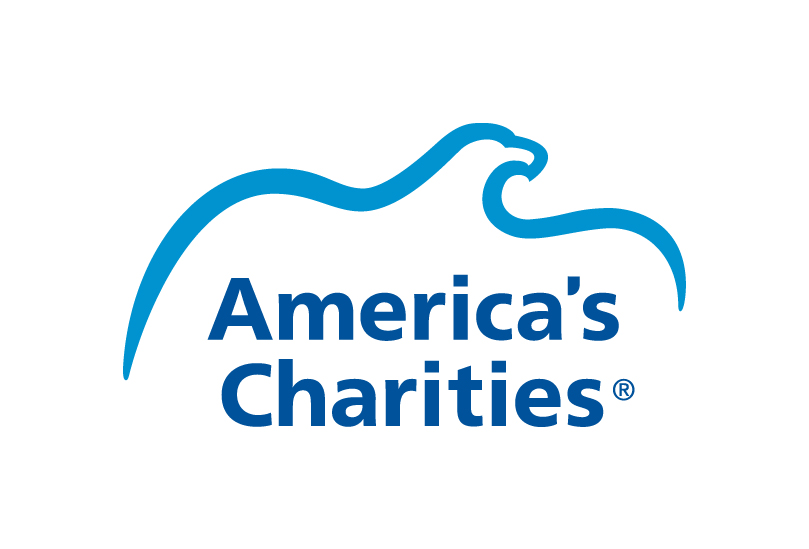Celebrating Juneteenth, Supporting #BlackLivesMatter, and Continuing to Work in Solidarity for Racial Justice, Equality, and Equity

Commemorating the end of slavery in the United States, Juneteenth is celebrated by Americans on June 19 each year – the date in 1865 when the Union soldiers, led by Major General Gordon Granger, landed in Galveston, Texas with news that the war was over and slavery had been abolished (that was of course two and a half years after President Lincoln’s Emancipation Proclamation on January 1, 1863). You can read more about this historic event and how it has transformed into what has been coined as “Juneteenth” on PBS.org’s website here.
Hundreds of years of enslavement inflicted deliberate terror and injustice on African Americans. And now, 155 years later, with the #BlackLivesMatter movement, the ongoing violent deaths of Black Americans, and the disproportionate impact of COVID-19 on people of color, it’s clear we have a long way to go in ending racism, racist violence, and addressing the inequities that still exist today.
Solving these inequities will not happen overnight, but we can work in solidarity to make the necessary systemic changes and begin the process of repairing and restoring as a nation.
Outlined below are ways you can get involved, along with specific charities to support in order to continue the fight for racial justice, equality, and equity.
Charities to Support:
There are numerous organizations dedicated to such reforms, including the high-impact nonprofits below who we are proud to call our members. We encourage you to support our members that, each and every day, fight for equity, equality, and social justice, work to end racism, and provide legal counsel by donating to strive for a better world:
Resources and Ways to Celebrate Juneteenth:
ACLU’s “A National African American Reparations Commission Virtual Forum”
Join this urgent forum that will highlight the case for H.R. 40 and the path forward. H.R. 40 would establish a commission to examine the institution of slavery, its legacy, and make recommendations to Congress for reparations, beginning a process of repairing and restoring after centuries of enslavement, violent repression and exploitation under Jim Crow laws, black codes in the South, and de facto segregation across the nation — long after Juneteenth. Watch the livestream here on Friday, June 19th at 7pm EST.
NAACP’s Juneteenth Black Family Reunion: The Music, the Moments, the Movement
Join NAACP for a special Black Family Reunion event as we honor the lives we’ve lost this year, uplift our collective movement for civil rights, and remember the moments that make us proud to be Black. As we come together, we want to hear from you. Please share your stories of wisdom, encouragement and support, or challenges you may be facing, and we may use them during the event on YouTube.
NAACP LDF Resources:
Southern Poverty Law Center:
The SPLC monitors hate groups and other extremists throughout the United States and exposes their activities to the public, the media, and law enforcement. Over the years, they have crippled or destroyed some of the country’s most notorious hate groups – including the United Klans of America, the Aryan Nations and the White Aryan Resistance – by suing them for murders and other violent acts committed by their members or by exposing their activities. Click here to learn more about their work and to support their mission.
How Businesses Can Get Involved:
Increasingly, the imperative for employers to act as agents of positive change has become apparent. What isn’t so obvious is how employers should go about doing this. The good news is many companies are already well-positioned to provide their employees with an outlet for their activism in a way that also aligns with the company’s core values. This article outlines key components of such initiatives and how businesses can be a force for good in an era of employee activism. Read more here.

